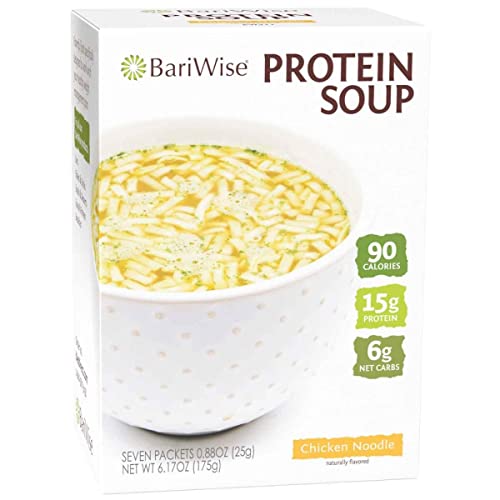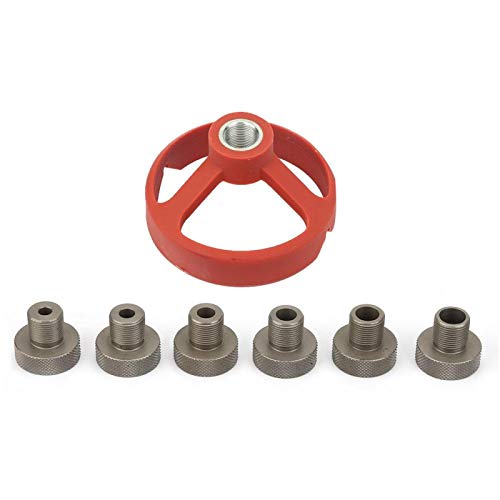NEUROSCIENCE
New brain research is revealing why fats and sugars may be driving more and more people toward obesity
WOULD A RAT RISK DYING JUST TO SATISFY its desire for chocolate?
I recently found out. In my laboratory, we gave rats unlimited access to their standard fare as well as to a mini cafeteria full of appetizing, high-calorie foods: sausage, cheesecake, chocolate. The rats decreased their intake of the healthy but bland items and switched to eating the cafeteria food almost exclusively. They gained weight. They became obese.
We then warned the rats as they were eating -- by flashing a light -- that they would receive a nasty foot shock. Rats eating the bland chow would quickly stop and scramble away, but time and again the obese rats continued to devour the rich food, ignoring the warning they had been trained to fear. Their hedonic desire overruled their basic sense of self-preservation.
Our finding mirrored a previous trial by Barry Everitt of the University of Cambridge -- only his rats were hooked on cocaine.
So are the fat rats addicted to food? An inability to suppress a behavior, despite the negative consequences, is common in addiction. Scientists are finding similar compulsiveness in certain people. Almost all obese individuals say they want to consume less, yet they continue to overeat even though they know that doing so can have shockingly negative health or social consequences. Studies show that overeating juices up the reward systems in our brain -- so much so in some people that it overpowers the brain's ability to tell them to stop eating when they have had enough. As with alcoholics and drug addicts, the more they eat, the more they want. Whether or not overeating is technically an addiction, if it stimulates the same brain circuits as drug use, in the same way, then medications that dial down the reward system could help obese people to eat less.
........
Overeating: Brain Chemicals Hijack the Controls
Foods that are dense in fat and sugar prompt the striatum to make endorphins, "feel good" chemicals that can trigger binge eating. The foods also spark dopamine release (red lines) by the striatum, which motivates feeding behavior, and into the prefrontal cortex, which influences decision making. In some people, the actions of endorphins, dopamine and other chemicals that regulate reward systems can overpower hormonal signals and conscious attempts to stop eating when full. A strong motivation to eat high-calorie foods prevails despite an individual's knowledge about health consequences.
Treatment Prospects
Addictive drugs lead to dopamine release and feedback loops in the brain that can spur people to seek more and more -- just as overeating high-calorie foods can do. Medications that could break this cycle could possibly ease not only drug addiction but obesity.






 < huh, a lurker
< huh, a lurker






































